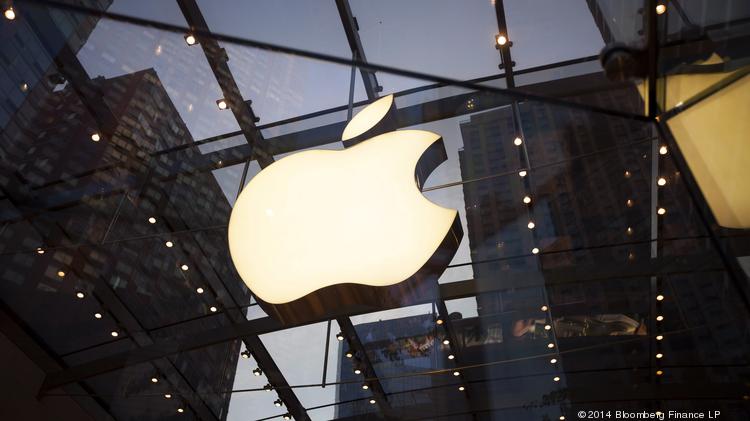The European Commission ruling on Apple's Irish tax payments is damaging to Ireland and could not be allowed to stand, Taoiseach Enda Kenny has said.
The Dáil (parliament) is debating the European ruling that
the country granted undue tax benefits of up to €13bn (£11bn) to Apple.
It was recalled early following the decision by the Irish government to
appeal the ruling.
Mr Kenny, the taoiseach (prime minister), said the ruling was wrong.
"Governments over the years have made clear, as this government has, that Ireland did not and does not do deals with corporates, large or small. It is not how we do business," he told the Dáil.
"Today, this house has an opportunity to send a strong message that we stand together in challenging the presentation that the commission has made, and that we are all determined that Ireland should continue to be at the forefront in efforts to improve and reform the international tax system."
The government would appeal the ruling before the European courts with every expectation of success, added Mr Kenny.
He said that while the "Revenue commissioners will now take the steps necessary to collect the sum involved as required, it will be held in escrow pending the final outcome of the legal proceedings".
Also speaking during the debate, Irish Finance Minister Michael Noonan said Apple had not been shown favouritism.
Today's vote was always going to be a foregone conclusion once the main opposition party, Fianna Fail, indicated it would support the government motion in appealing the European Commission's Apple ruling.
It will mean that Enda Kenny's Fine Gael minority government, supported by Independents, will go to the courts in Luxembourg with the diverse support of the Irish parliament.
It will argue that it did nothing wrong and did not collude with Apple in a secret sweetheart deal, to help it avoid paying taxes in other countries.
But Sinn Féin and hard-left politicians and parties disagree and say the government should pocket the Apple money plus interest, and spend it on social services that have been reduced because of austerity.
While there is little sympathy for Apple and the low amounts of tax it has paid globally for those supporting the government, it comes down to short-term monetary gain or protecting the Republic of Ireland's good business name in the longer term.
The appeal will go ahead but it may be up to six years before we know the outcome.
"It is simply untrue that Ireland provided favourable treatment to Apple," said Mr Noonan.
"The reaction to the European Commission's decision has, at times, painted an outdated and unfair caricature of Ireland's position on tax.
"This is a caricature that is at odds with the evidence and which overlooks our proven track record in recent years.
"The facts show our constructive engagement at the international table, with matchless implementation of reforms ahead of many of our partner countries."
He said the European Commission ruling encroached on sovereign states' decisions on tax and contained contradictions on where Apple owed tax.







